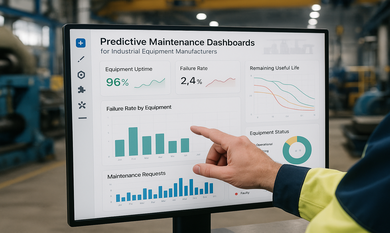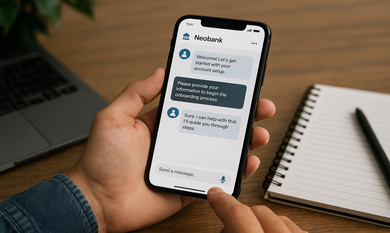In the rapidly evolving fintech landscape, digital banks are increasingly turning to Robotic Process Automation (RPA) to streamline customer onboarding processes. RPA offers a transformative approach to automating repetitive tasks, reducing manual errors, and enhancing operational efficiency. This article delves into the significance of RPA in fintech, particularly in automating customer onboarding for digital banks.
Understanding RPA and Its Role in Fintech
Robotic Process Automation (RPA) involves the use of software robots or "bots" to automate rule-based tasks traditionally performed by humans. In the context of fintech, RPA can handle tasks such as data entry, document verification, compliance checks, and digital KYC automation, which are integral to the customer onboarding process.
By integrating RPA into their operations, digital banks can achieve several benefits:
- Enhanced Efficiency: Bots can process tasks at a much faster rate than humans, leading to quicker onboarding times.
- Reduced Errors: Automation minimizes the risk of human errors, ensuring more accurate data handling.
- Cost Savings: By reducing the need for manual intervention, banks can lower operational costs.
- Improved Compliance: RPA compliance automation ensures that regulatory requirements are consistently met, reducing the risk of non-compliance.
The Customer Onboarding Process in Digital Banks
Customer onboarding is a critical phase in the banking sector, involving several steps:
- Customer Information Collection: Gathering personal and financial details from the customer.
- Document Verification: Validating the authenticity of submitted documents.
- Compliance Checks: Conducting Know Your Customer (KYC) and Anti-Money Laundering (AML) checks using fintech regulatory technology.
- Account Setup: Creating the customer's account in the banking system.
- Welcome Communication: Sending confirmation and welcome messages to the customer.
Traditionally, these steps are manual and time-consuming. However, with RPA, many of these tasks can be automated, leading to a more seamless and efficient onboarding experience.
Implementing RPA in Customer Onboarding
To effectively implement RPA in the customer onboarding process, digital banks should consider the following steps:
1. Identify Automatable Tasks
Begin by analyzing the onboarding process to identify tasks that are repetitive and rule-based, making them suitable for automation.
2. Select the Right RPA Tools
Choose RPA tools that align with the bank's existing systems and infrastructure. (calpion.com)
3. Develop and Test Bots
Develop bots to automate the identified tasks, including automated audit reporting, and conduct thorough testing to ensure they function as expected.
4. Integrate Bots into Existing Systems
Integrate the bots into the bank's existing IT systems to ensure seamless operation.
5. Monitor and Optimize
Continuously monitor the performance of the bots and make necessary adjustments to optimize their efficiency. Fraud risk monitoring tools can be integrated to detect anomalies and prevent financial fraud.
Benefits of RPA in Customer Onboarding
The integration of RPA into the customer onboarding process offers several advantages:
- Faster Onboarding: Automation accelerates the onboarding process, allowing customers to access services more quickly.
- Scalability: RPA can handle increased volumes of onboarding without the need for additional resources.
- Enhanced Customer Experience: A quicker and smoother onboarding process leads to higher customer satisfaction.
- Better Compliance Management: Automated compliance checks ensure adherence to regulatory standards.
Additionally, digital banking software solutions Dallas, automation software development Dallas, custom RPA solutions Dallas, and financial services software development Dallas can help fintech companies achieve these benefits.
Challenges and Considerations
While RPA offers numerous benefits, digital banks should be aware of potential challenges:
- Integration Issues: Integrating RPA with legacy systems can be complex and may require significant resources.
- Data Security: Ensuring the security of sensitive customer data during the automation process is paramount.
- Change Management: Employees may resist changes brought about by automation; effective change management strategies are essential.
The Future of RPA in Fintech
The future of RPA in fintech looks promising, with advancements in artificial intelligence (AI) and machine learning (ML) enhancing the capabilities of RPA bots. These technologies enable bots to handle more complex tasks, such as decision-making and predictive analytics, further transforming the customer onboarding process.
Digital banks and startups can benefit from startup IT solutions & services Dallas and Agentic AI development services to scale automation effectively.
Conclusion
In conclusion, RPA is revolutionizing the customer onboarding process in digital banks by automating repetitive tasks, improving efficiency, and enhancing customer experience. For fintech companies seeking to leverage RPA, partnering with a custom software development company in Dallas, TX, can provide the expertise needed to implement effective automation solutions.
Ready to Automate Your Customer Onboarding?
If you're looking to enhance your digital banking operations through automation, consider partnering with Theta Technolabs, a leading provider of Web, Mobile, and Cloud solutions. Our team specializes in delivering tailored RPA solutions to meet your specific needs.
📧 Reach out to us at sales@thetatechnolabs.com to discuss how we can assist you in automating your customer onboarding process
Frequently Asked Questions (FAQs)
Q1: What is RPA?
A1: Robotic Process Automation (RPA) is a technology that uses software robots to automate repetitive, rule-based tasks traditionally performed by humans.
Q2: How does RPA improve customer onboarding?
A2: RPA accelerates the onboarding process by automating tasks such as data entry, document verification, digital KYC automation, and compliance checks, leading to quicker and more efficient onboarding.
Q3: What are the benefits of RPA in fintech?
A3: The benefits include enhanced efficiency, reduced errors, cost savings, and improved compliance.
Q4: Are there any challenges in implementing RPA?
A4: Challenges can include integration with legacy systems, data security concerns, and resistance to change among employees.
Q5: How can Theta Technolabs assist in RPA implementation?
A5: Theta Technolabs offers expertise in developing and integrating RPA solutions, including RPA compliance automation, automated audit reporting, and fraud risk monitoring tools, tailored to your business needs.

















.png)
























.png)

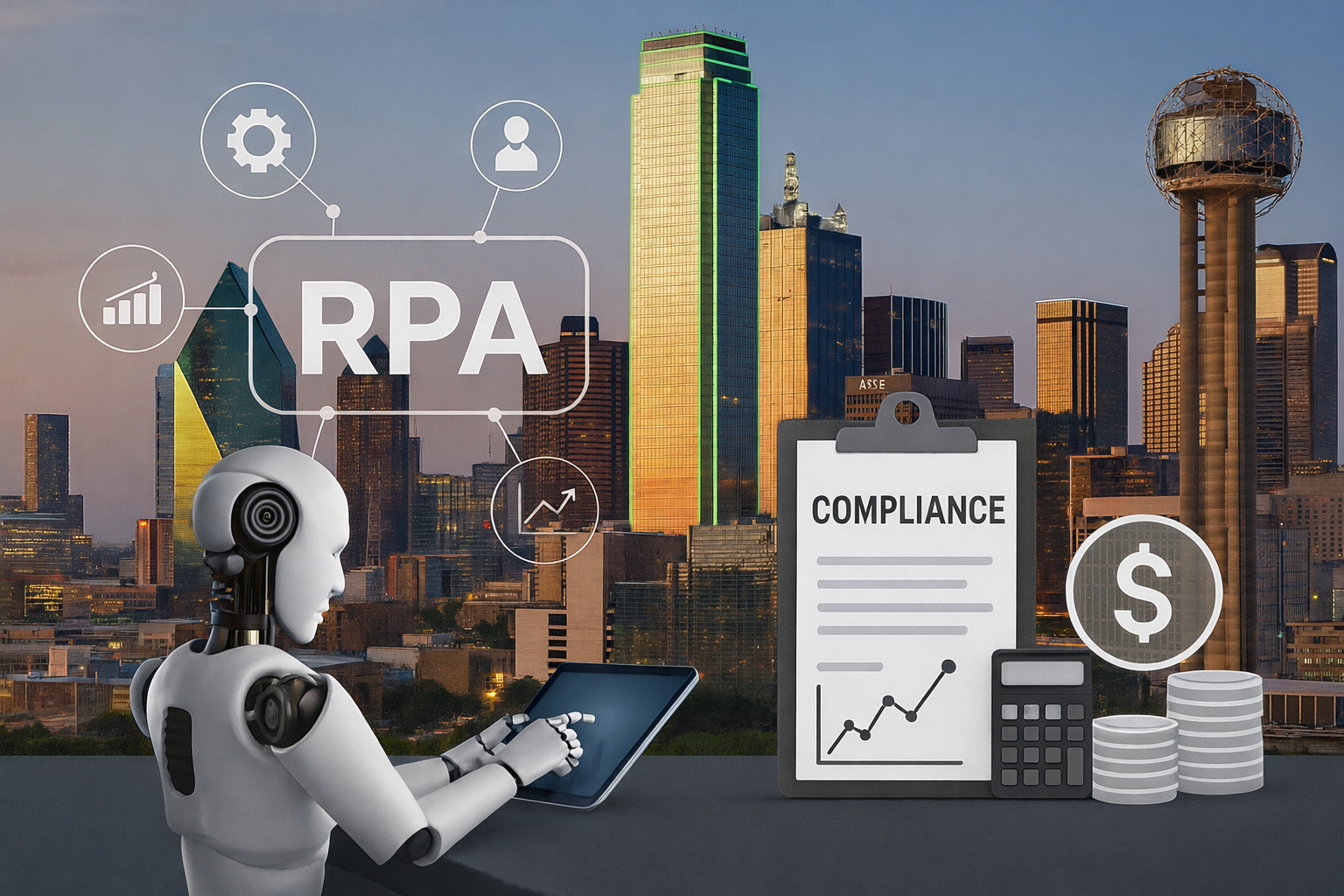

.png)



.png)











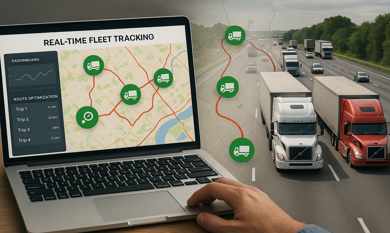





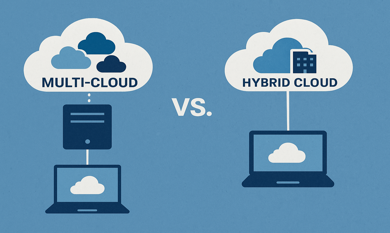

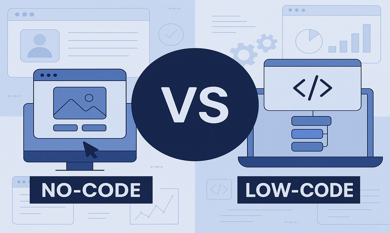








.png)
.png)






.png)

.png)
.png)
.png)


.png)
.png)
.png)
.png)

.png)





